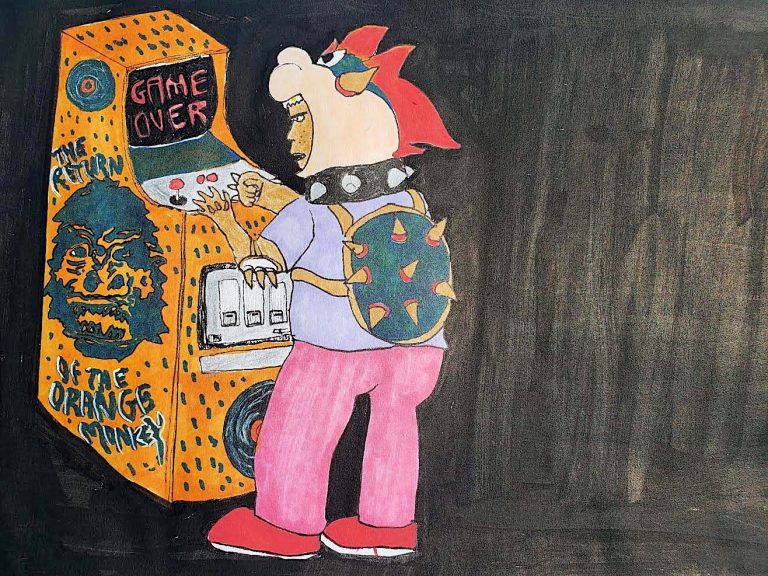Talking about difficulty in video games is like asking to start a dumpster fire. This topic is easily one of the most contentious things about gaming, with elitism and entitlement rampant in discussions, getting in the way of actually important points of accessibility. This controversy, however, is missing the point of what difficulty really is.
As one of gaming’s defining and unique aspects as an art form, it’s irresponsible to let difficulty have the reputation it does.
I do not mean to inspire any elitism. Hard games aren’t inherently better in any way, full stop. I consider my three favourite games to be quite easy. What I’d like to make clear is the fact that difficulty is merely a tool, and I will show some games that use that fact to enhance their experience.
The obvious example when discussing this are games in the Souls genre. Dark Souls, Bloodborne, Sekiro, Elden Ring and so on use their difficulty as a core part of their games. Since I have the most experience with Bloodborne, I will use that as an example. Bloodborne takes place in an actively dying world, where basically everyone and everything the player character comes across is hostile and deadly and wants you gone. If the game’s difficulty did not reflect this, it would create dissonance in the narrative, making it harder to immerse yourself into the game. Bloodborne avoids this by being incredibly difficult, using staunch adversity to make the player feel like they’re in a world that doesn’t want them, but one that they can still live in.
Despite my earlier claim that my favourite video game is easy, it is hard to ever feel like that’s the case while playing. Playing Silent Hill 2 is always a tense experience, due to some very clever gameplay quirks that make it impossible to feel like you have things under control, like the incredibly janky, almost hostile camera and gameplay.
The puzzles in this game are also quite challenging and obtuse, not always for the better, but in a way that manages to add to the tension. While these may not be traditionally fun to play through, it does fit the game’s atmosphere of psychological horror, while also making the player relate further to James, the protagonist.
Throughout the game, it is clear that James is not a healthy person with combat experience. Add on his clearly questionable mental state, and everything about the gameplay manages to make the player feel what someone in his situation would reasonably feel adventuring through the town. A more fluid or fun combat system would muddle the tone, and easier puzzles would decrease the tension of exploring the town for clues and items.
Persona 3 is one of the tougher games to discuss difficulty -wise. Due to the lack of party control and the team’s braindead AI, it’s easy to feel like the game is unnecessarily hard for no reason. While this is definitely a valid view, I feel the game manages to make it work due to its core themes.
Time and death are topics that Persona 3 examines in great detail, and everything in the game was constructed with that theme in mind. Because of this, every battle rightfully feels like a massive struggle.
The game stars a group of teenagers, and child, coming to terms with the fact that one day they will die, so obviously they’re not going to be the best at combating literal monsters. Additionally, the genius fatigue system when spending too much time battling and the endgame level reaper enemy chasing you if you spend too long in a single level gives the impression that every second is precious.
It’s common to see game developers view difficulty as an unimportant part of the work and just slap on half-assed difficulty options without really fleshing them out. This snowballs into gaming culture as a whole only viewing difficulty as an accessibility wall, rather than a vital tool to complete the experience for players.
Difficulty can be used to enhance the core narrative of the games, whether it be by reflecting the themes the game values or by making it easier for the player to immerse themselves. It can even simply be used to make the gameplay more satisfying by overcoming different challenges, giving the player a sense of empowerment that can only really be achieved through games.

